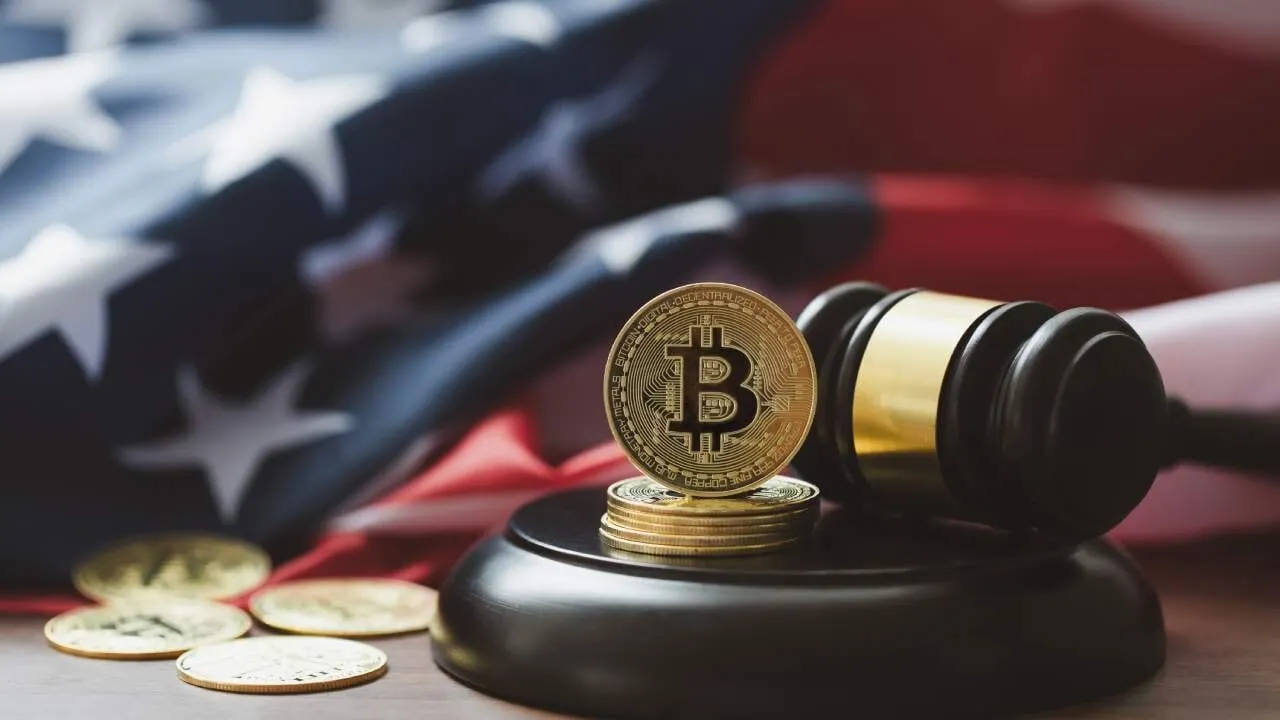President Donald Trump rocked financial markets this week by flip-flopping on his trade tariff policy, leaving equities traders somewhat confused with what to do.
Bitcoin, as a risk asset, couldn't escape the volatility: the coin has now swung between $94,770 to $82,681 over the last seven days. CoinGecko shows. It's currently trading hands for $85,925 after rising by less than 1% over the past week.
As the S&P 500 had its worst week in months, Bitcoin certainly felt the pain too, crashing on Monday and Tuesday after last Sunday's surge prompted by Trump's crypto reserve posts. The price even fell again on Thursday after President Donald Trump formally announced the creation of a Bitcoin reserve and accompanying crypto stockpile.
Why? Traders may have sold the news late Thursday following plenty of speculation around reserve plans, plus the coin evidently still moves with volatile U.S. equities when there's macroeconomic uncertainty.
And this week was far from certain: President Trump made a number of announcements on the amount and timing of the tariffs on trading partners, spooking markets in the process.
ETF movements
American investors pulled money out of the new Bitcoin ETFs this week as President Trump's trade policy made the funds less appealing. Friday was the week's worst day, Farside Investors data shows, with $409 million worth of outflows, bringing the week's losses to $740 million.
Still, it's not as bad as the week prior, when Bitcoin ETFs had their worst day on record. Until markets stabilize, we can't be sure when investors will want to buy shares in the funds with the same enthusiasm as last year.
Bitcoin reserve announced
It finally happened: President Trump followed through with his campaign promise and on Thursday signed an order to establish a Bitcoin strategic reserve.
The reserve—which will function like other government reserves—will hold the nearly 200,000 Bitcoin that the U.S. already has in its possession from seizures.
But the order adds that it will "develop strategies for acquiring additional government Bitcoin provided that such strategies are budget-neutral."
The news came after hardcore Bitcoiners on Sunday were furious when the President announced via his Truth Social platform that the government would hold a load of other cryptocurrencies, too. But since then, the U.S. leader has made it clear that such altcoins would be held in a different stockpile.
Selling gold for BTC? Not yet
Still, how much more buying and HODLing will authorities do? White House Crypto Czar David Sacks said ahead of the White House crypto summit on Friday that the Trump administration isn't planning to sell off reserve government assets like gold to buy up more Bitcoin... at least not yet.
Sacks did add that while there was no talk of selling gold for magical Internet money—as a lot of the hardcore maximalists were hoping for—that the Treasury and Commerce Secretaries would soon discuss how to buy more BTC at no cost to taxpayers.
Texas plans move forward
In other news, the state of Texas edged closer to getting its own Bitcoin reserve after the Senate passed a bill on Thursday. The proposed legislation, bill SB21, aims to create a "state-managed investment fund focused on Bitcoin and other high-market-cap cryptocurrencies."
Sound familiar? That's because last year, Texas State Representative Giovanni Capriglione proposed H.B. No. 1598 for the Lone Star State—a bill that would allow the local government to stockpile Bitcoin.
SB 21 is another crypto bill, which, if approved, would be unique as it would allow the state "a more flexible and investment-driven approach, potentially allowing Texas to capitalize on crypto market movements." That means buying other altcoins.
It will now go to the House for another vote. Will it keep the maxis happy, though?
Edited by Andrew Hayward

